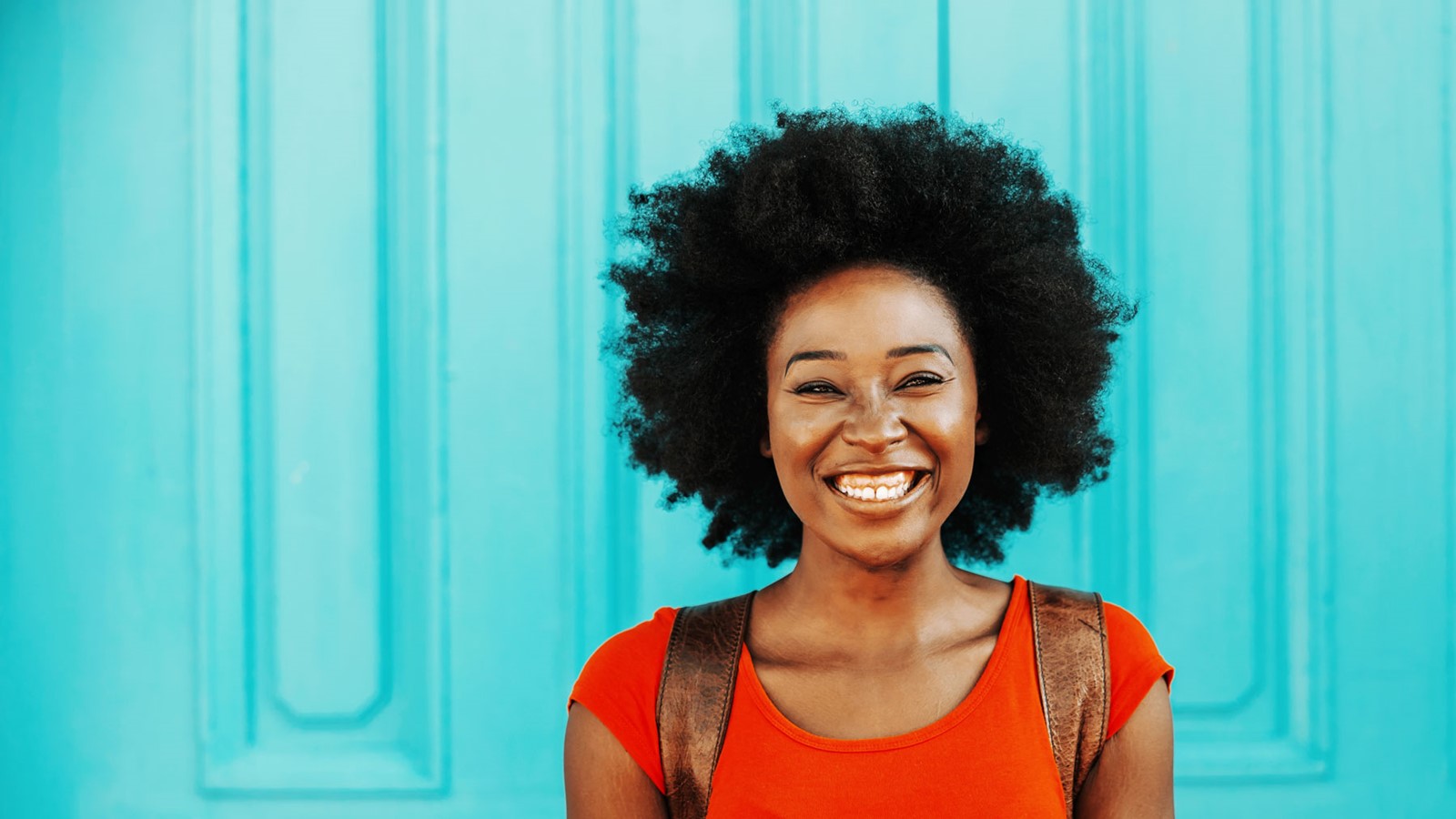To mark World Day for Cultural Diversity for Dialogue and Development, members of our Equality Diversity and Inclusion Task and Finishing Group share their thoughts about why they think diversity and inclusion is important in the counselling professions.
The day is organised by the United Nations General Assembly which says it recognises the need to “enhance the potential of culture as a means of achieving prosperity, sustainable development and global peaceful coexistence".
Melani Halacre
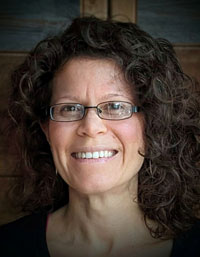
Melani Halacre is the founder and clinical director of Spokz People, a disability affirmative therapy service. She's also a supervisor and therapist (MBACP Accred).
Diversity is vital because as a profession we need to reflect the population. As therapists we're encouraged to be self-aware and most of us recognise how important the therapist-client match is for effective therapy.
A diverse profession increases the chances of positive matches by meeting the needs of a diverse client group. As a professional body, by encouraging diversity, we're making a statement that here, in our field of therapy, we choose to empower, affirm and be a haven for people who experience oppression daily.
Nicholas Rennie
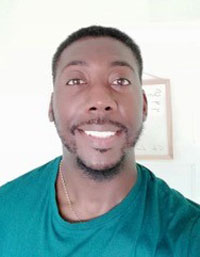
Nicholas Rennie is Owner of You First Therapeutic Services supporting people with their mental health. He also works part-time for the NHS as a Patient Equalities Officer making sure that the patient, carer, public and community voice is heard and listened to, whilst ensuring that the services they offer meet the needs of all.
During my counselling training sessions I've always been the only black male in the room. I remember reading a previous article from Therapy Today called Come on, people, hear me! I remember thinking, “Ah so it’s not just me!” Then I became aware of The Black, African and Asian Therapy Network (BAATN) which enthused me.
I believe that the more diversity we have within the profession the more opportunities we can offer ourselves to grow and for others to feel more connected. If we can challenge ourselves, learn from each other, champion one another and encourage diversity - we can help to promote that the profession welcomes and supports all.
Bryony Harper
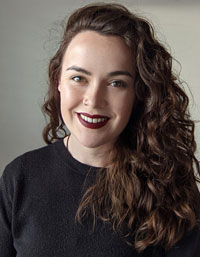
Bryony Harper is a Counselling Manager at Base 51 in Nottingham, a charity that supports young people aged 11-25 in Nottingham and the surrounding areas and a person-centred counsellor.
I believe that a diverse counselling profession creates a fair and inclusive profession that's reflective of the wider community. Diversity amongst counsellors, trainees, teachers and researchers develops a profession with a wide variety of perspectives, skills and ideas that allows for creativity and innovation. In turn, this enables counsellors to provide support that is more understanding and representative of our clients, improving trust and counselling relationships.
Through hearing and valuing the stories and experiences of those whose experiences are different to my own, I've learned that it's not enough to be non-judgemental. I've a greater understanding of my responsibility to keep bringing my unconscious biases into my awareness and work, and live in a way that's actively anti-discriminatory.
Read more...
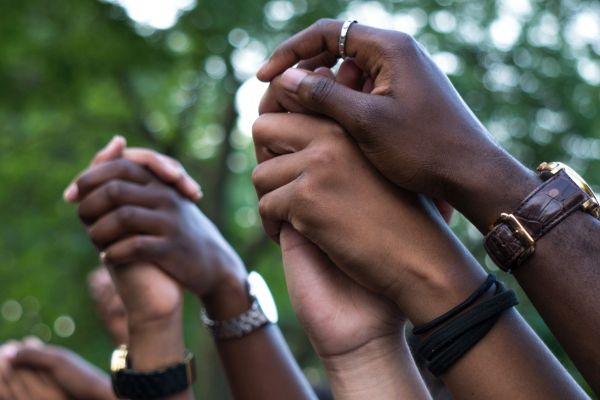
Working with race and diversity
A selection of resources exploring race and diversity to support our members and their clients.
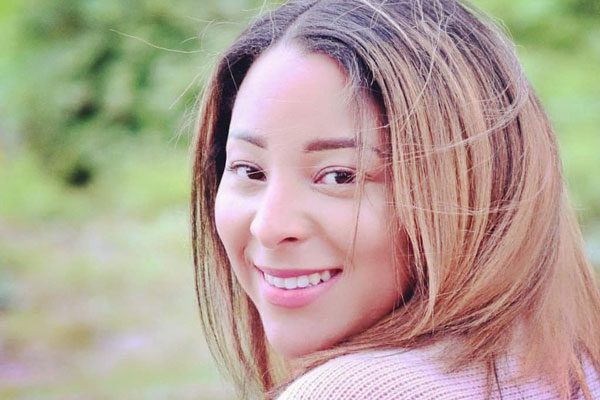
You are enough
Rochelle Armstrong explores heritage and multiculturalism through her childhood journey

Blogs and vlogs 2021
News, views and updates from our staff, members and counselling clients
Views expressed in this article are the views of the writer and not necessarily the views of BACP. Publication does not imply endorsement of the writer’s views. Reasonable care has been taken to avoid errors but no liability will be accepted for any errors that may occur.
